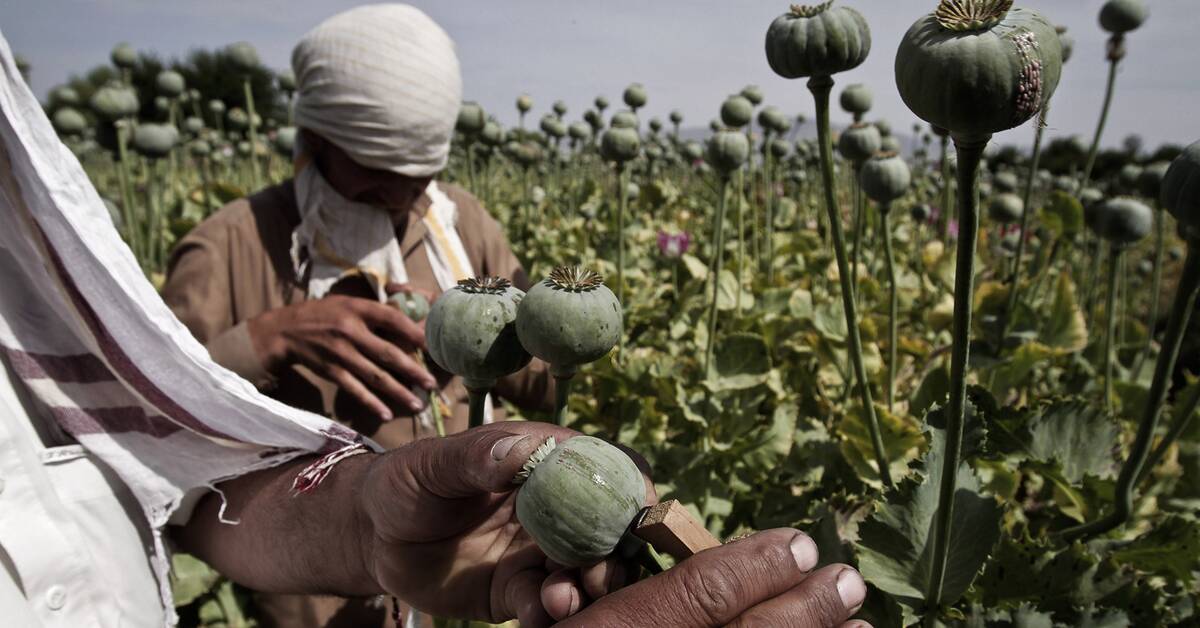Just days after the Taliban took power in the summer of 2021, it was declared that all cultivation and production of drugs in the country would be banned.
A statement that was interpreted as meaning that the new government wanted to appear as a serious player in the world arena.
This in a country called a "narcotics" and which accounts for over 80 percent of the world's illegal opium cultivations, opium which in turn is used to produce a majority of the world's heroin.
It is estimated that just over 95 percent of all heroin in Europe comes from Afghanistan.
And now the Taliban are taking a first step towards a drug-free caliphate.
Punished according to sharia
According to a decree from the movement's supreme leader mullah Haibatullah Akhundzada, all cultivation of opium poppies in the country is now banned.
The use and trade in all other drugs is also prohibited and anyone who violates the new laws will be punished according to sharia.
The question, however, is whether the Taliban will succeed in the ban as more Afghans than ever today are dependent on the lucrative drug trade.
Everything from poor farmers whose safest income comes from opium poppies to powerful warlords who make big money on cultivation, production and smuggling.
It is also not the first time that the Taliban have taken up the opium trade in the country.
As early as 2000, opium cultivation was banned and production fell sharply.
But it cost.
Dissatisfaction in the country grew, which contributed to the large-scale domestic support for the Allied invasion the following year.
More deadly drugs can take over
The Taliban also used opium cultivation and drug trafficking to finance their resistance to the occupying forces after 2001.
Since then, the production of drugs such as methamphetamine and cannabis has also increased in the country.
In addition, there are major problems with substance abuse in the indigenous population, while addiction care is far from well-functioning.
Should the Taliban succeed in their commitment, Europe will soon suffer from heroin deficiencies, which could lead to opioid users turning to stronger and more deadly opioids, such as fentanyl.
The same drug that has been driving the opioid crisis that has hit the United States and which has claimed nearly a million lives since 1999.

